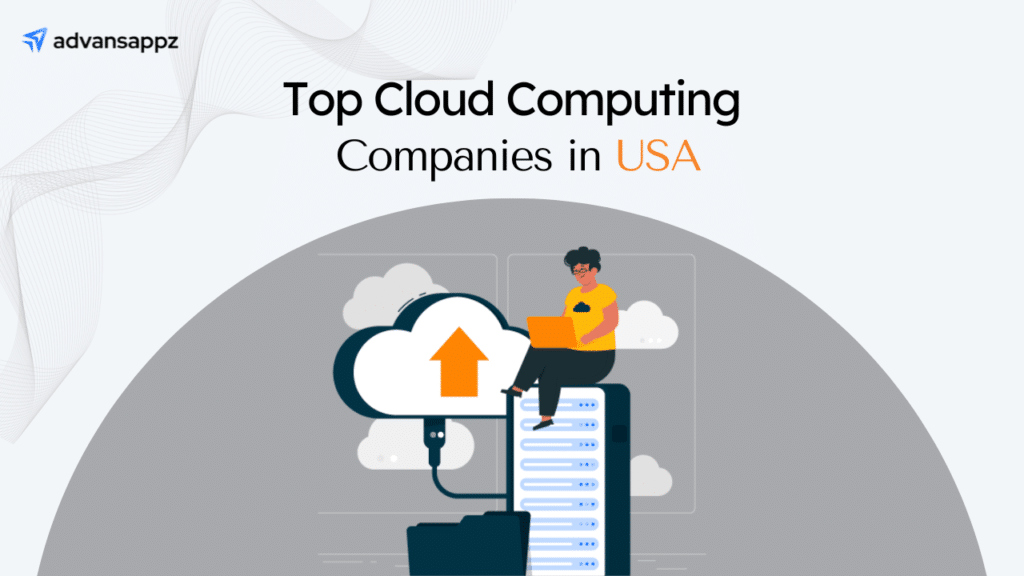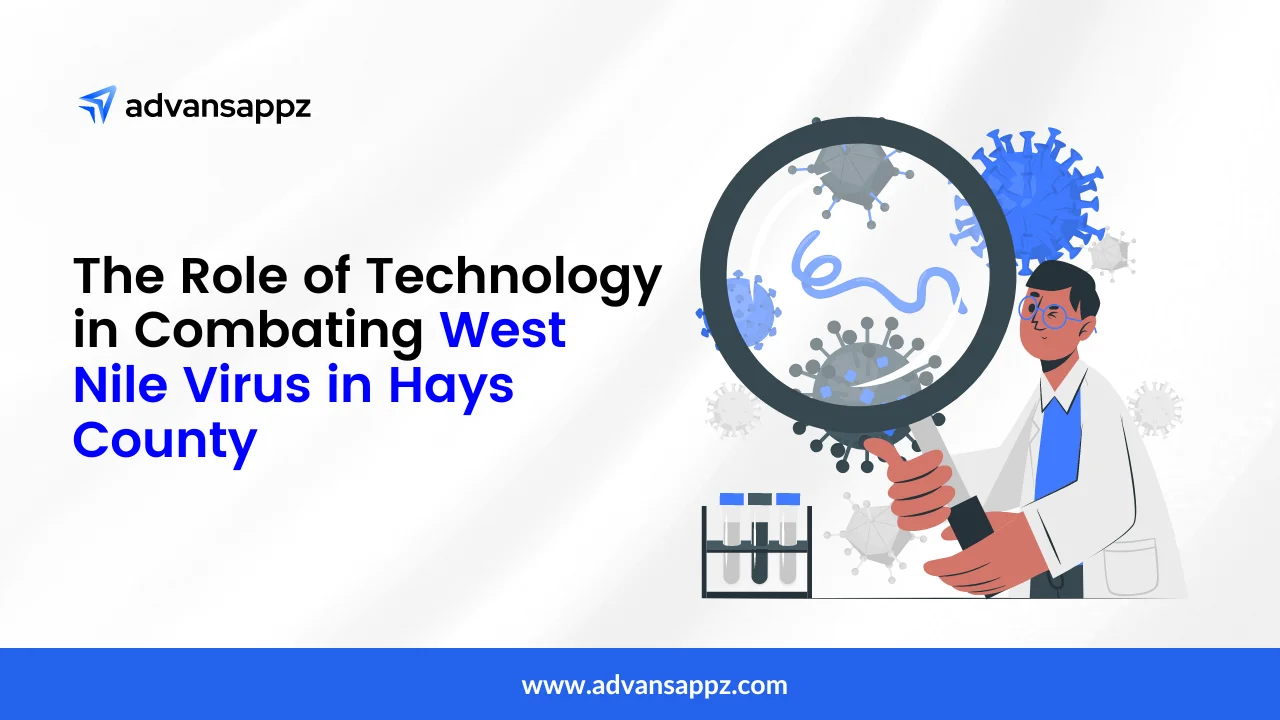Ever wondered what makes some retailers stand out in today’s crowded market? Enter AI personalization. It is the secret weapon smaller shops can use to compete with online retail giants. Customers are increasingly drawn to personalization as a trend in retail.
Moreover, in today’s retail world, keeping customers happy is everything. Did you know that 73% of people prefer buying from stores that tailor their shopping experience? Moreover, a report indicates that 86% of consumers agree that personalized experiences increase their brand loyalty.
That’s where AI comes in, helping retailers make customers happy and businesses grow.
AI personalization isn’t just a fancy tech term. It’s a game-changer for retailers in many ways. From making customer service better to keeping shelves stocked just right, AI helps shops give customers exactly what they want. Let’s understand what AI personalization is and how it improves customer experience.
Understanding AI Personalization in Retail

Personalization in retail industry is all about using advanced technology to make every shopping experience special. It relies on the use of sophisticated algorithms like:
- Machine Learning
- Natural Language Processing
- computer vision
All these work together to understand customer preferences and offer better services.
Analyzing vast amounts of data, analytics, and AI help retailers uncover valuable insights and patterns. Thus, allowing them to tailor their offerings to each individual shopper. It’s like having an AI personal shopper who knows exactly what you like and dislike.
In short, AI Personalization enhances the customer experience and fosters stronger relationships between retailers and their clientele. Thus, ultimately leading to increased satisfaction and loyalty.
How Does AI Personalization Benefit the Retail Industry?
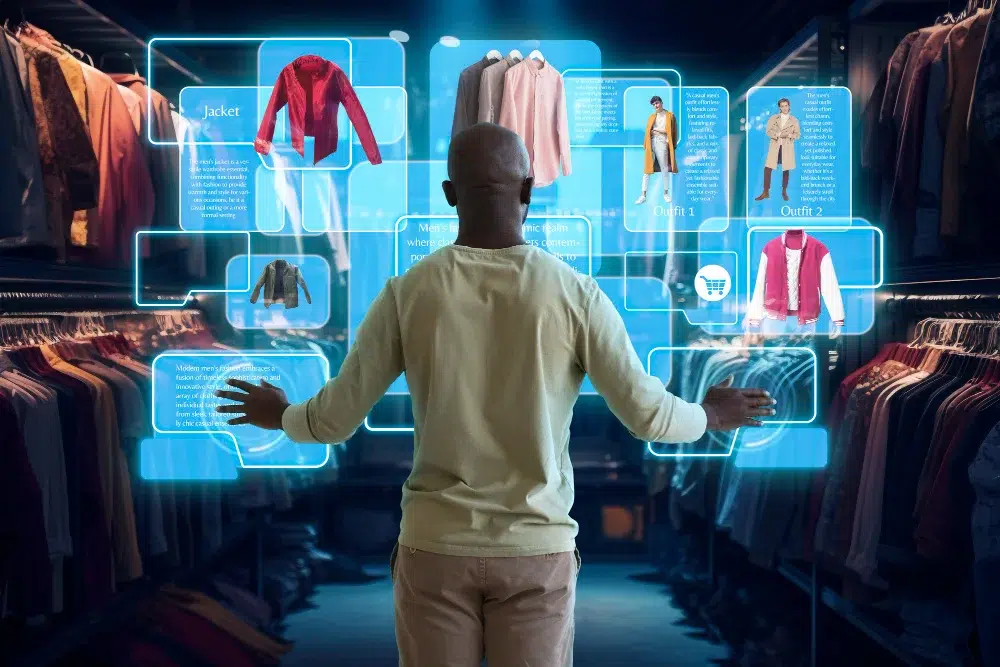
In an era of increasingly personalized shopping experiences, AI is reshaping the retail landscape by offering tailored solutions to businesses and customers. Here’s how AI personalization benefits the retail industry
-
Tailored Product Recommendations
Personalized AI analyzes customer data to suggest products based on past purchases, browsing history, and preferences. This personalized approach ensures that customers are presented with items that align with their interests. Therefore, this makes their shopping experience more relevant and enjoyable.
Imagine a customer browsing an online fashion retailer’s website. The website uses AI personalization to suggest clothing items based on the customer’s past purchases. Moreover, it also includes style preferences and even the current weather in their location.
For instance, the AI system might recommend sundresses or lightweight tops if the customer has previously bought dresses and the weather forecast indicates sunny days ahead. Thus, ensuring a personalized and seasonally appropriate shopping experience.
-
Seamless Shopping Journey
AI personalization systems unify customer interactions across various channels, including online, mobile, and physical stores. This integration allows for a seamless transition between different touchpoints. Whether browsing online or visiting a brick-and-mortar location, customers receive a cohesive experience tailored to their preferences.
For example, customers begin their shopping journey by browsing a retailer’s mobile app while commuting to work. Later that evening, they visit the retailer’s website on their laptop to continue their search.
The AI system seamlessly integrates their browsing history and preferences across both platforms. Thus, a consistent selection of products tailored to their interests is presented.
Moreover, thanks to AI personalization, they receive personalized recommendations from in-store displays when they visit the physical store over the weekend.
-
Efficient Issue Resolution
AI retail chatbots and virtual assistants provide instant support and assistance to customers, addressing inquiries and resolving issues in real-time. By leveraging natural language processing and machine learning capabilities, these tools can understand and respond to customer queries effectively.
Thus, it leads to quicker resolutions and improved satisfaction.
For example, a customer encounters an issue with a recent online purchase and reaches out to the retailer’s customer service chatbot for assistance. The AI-powered chatbot quickly identifies the order in question and provides step-by-step instructions for resolving the issue.
Through natural language processing, the chatbot understands the customer’s queries and communicates conversationally. Hence, it ensures a smooth and efficient resolution process without the need for human intervention.
-
Personalized Promotions and Discounts
AI enables retailers to create targeted marketing campaigns that resonate with individual customers. Through the analysis of customer behavior and preferences, retailers can customize promotional offers and discounts to align with individual interests.
This personalized strategy boosts engagement and conversion rates, ultimately enriching the overall customer experience.
Imagine a beauty retailer utilizing AI personalization to analyze customer purchase history and preferences. Based on this data, the retailer sends personalized email newsletters featuring skincare products tailored to each customer’s skin type and concerns.
For example, customers with dry skin might receive promotions for hydrating moisturizers. Likewise, those with oily skin might receive recommendations for oil-absorbing cleansers.
-
Predictive Customer Service
AI personalization can anticipate customer needs and preferences based on historical data and behavioral patterns. By proactively addressing potential issues or concerns, retailers regularly enhance customer experience and loyalty.
For example, a grocery retailer employs AI-powered predictive analytics to anticipate customer demand for essential household items. By analyzing external factors such as holidays or weather forecasts, the retailer predicts when certain products will likely be in high demand.
For example, the retailer proactively restocks popular items like paper towels and charcoal before a holiday weekend. Thus ensuring shelves are well-stocked, and customers’ needs are met.
AI Personalization And Customer Experiences: Top Retail Brands Review
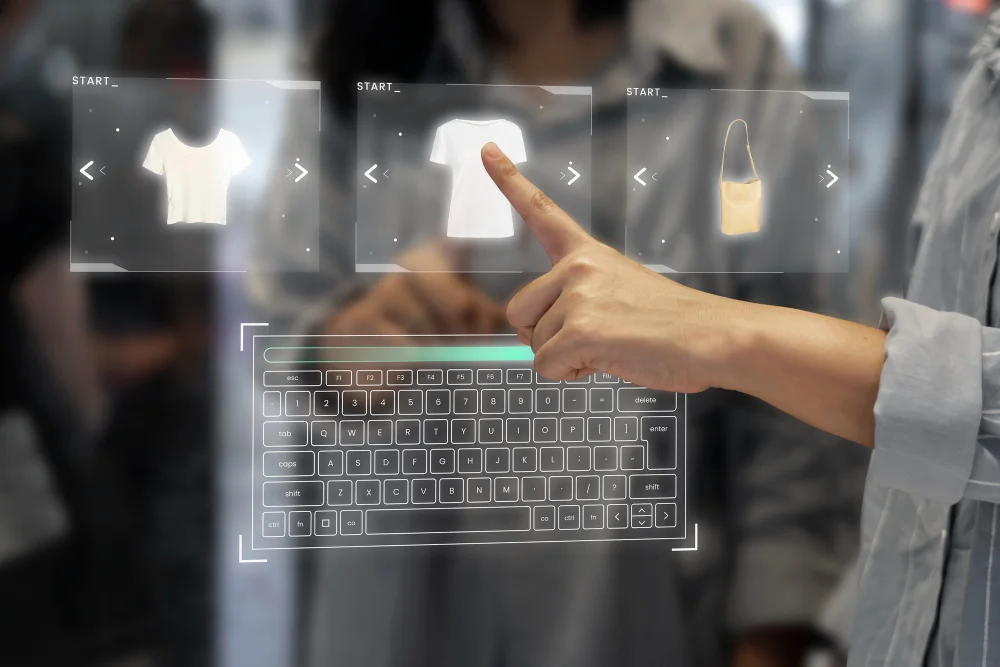
Retail Giants Embracing AI Personalization for Enhanced Customer Experiences
Many leading retail companies are leveraging AI personalization to elevate customer experiences. Here are some of them.
- Macy’s
When navigating through a large department store, it can often be challenging to locate a staff member for assistance. To address this issue, Macy’s has implemented cognitive AI technology to streamline the customer experience.
Known as “Macy’s on Call,” this smartphone-based assistant offers tailored responses to customer inquiries. Hence, it helps in providing information on product locations, brand availability, and store services.
- H&M
H&M, a well-known fashion retailer, keeps up with the latest trends to maintain its success. By leveraging AI personalization technology, the company analyzes sales receipts and returns to assess product performance across its stores.
Using sophisticated algorithms, H&M gains insights into customer preferences and purchasing patterns. Therefore, it enables strategic decisions regarding inventory management and product promotion.
For instance, if data indicates high demand for floral skirts in urban locations, H&M adjusts its inventory accordingly to meet customer preferences and maximize sales potential.
The Future of AI Personalization in Retail
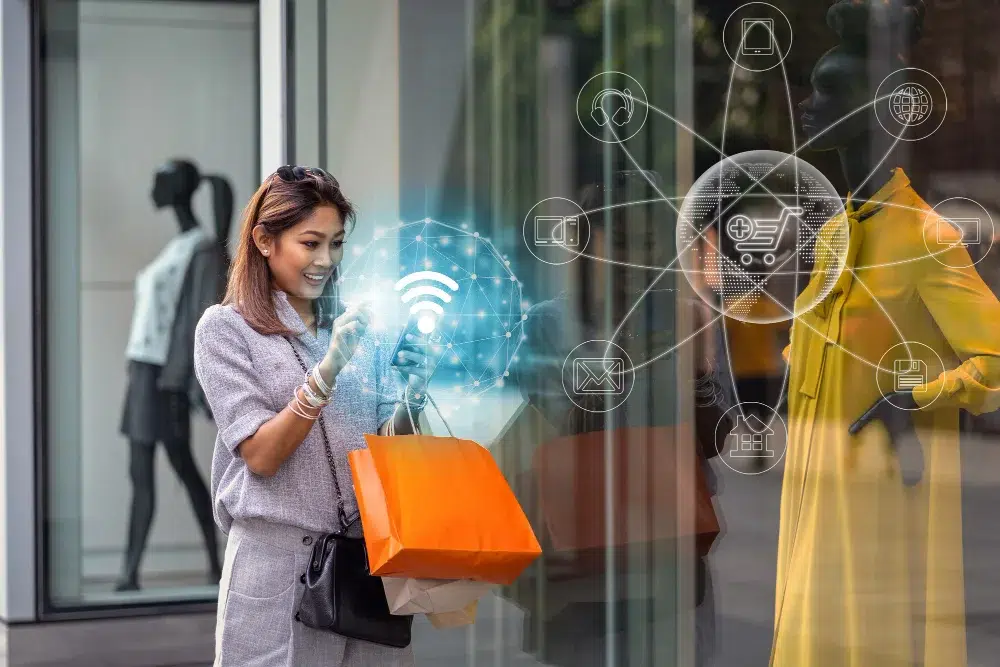
In the future, AI personalization is set to revolutionize the retail industry even further. It will increasingly shape how customers interact with brands. As a result, it will make shopping experiences more personalized and efficient. From personalized product recommendations to seamless checkout processes, AI will be integrated into every aspect of the retail journey.
Personalization retail will rely on AI algorithms to analyze vast amounts of data, predict consumer trends, and tailor their offerings to individual preferences. This will not only enhance customer satisfaction but also drive sales and loyalty.
Moreover, AI will streamline operations behind the scenes, optimizing inventory management, pricing strategies, and supply chain logistics. Not only that, but AI personalization is revolutionizing the way businesses use data insights for better decision-making.
As technology advances, the future of AI in retail holds immense potential to transform how we shop and engage with brands.
Conclusion
In conclusion, AI personalization stands as a transformative force in retail. It is reshaping the way customers interact with brands and enhancing their overall shopping experiences. Moreover, by leveraging advanced data analytics, retailers can offer tailored product recommendations, seamless omnichannel journeys, and proactive customer service.
Ultimately driving increased satisfaction, loyalty, and revenue.
As the retail landscape continues to evolve, the question remains: How will AI personalization continue to innovate and revolutionize the way we shop? The answer lies in its ability to adapt and evolve alongside consumer preferences.
AI personalization continually pushes the boundaries of what’s possible in delivering truly personalized and engaging retail experiences.
FAQs
-
How can AI enhance automation and personalization?
AI enhances automation by handling repetitive tasks like inventory management and customer service, freeing up human workers for more creative work. It personalizes experiences by analyzing customer data to tailor recommendations and interactions to individual preferences.
-
How is AI personalization used in customized shopping?
In personalized AI shopping, AI analyzes past purchases and browsing history to suggest products that customers are likely to be interested in. It powers recommendation engines on websites and virtual shopping assistants that provide personalized assistance to shoppers.
- How generative AI is used in retail?
Generative AI in retail creates new content like product descriptions and images by analyzing existing data and generating variations. It can also produce realistic images of products that don’t exist yet, allowing retailers to test new ideas before manufacturing them.
-
What are the problems with AI personalization in retail?
AI personalization in retail also faces challenges such as data privacy concerns, algorithm biases, and the potential for job displacement. It relies heavily on data, raising questions about privacy and fairness. However, this can be easily solved by consulting a professional IT company.
-
Why is AI personalization good for retail?
Despite some challenges, AI personalization offers numerous benefits for retail. It improves efficiency, enhances customer experiences, and drives sales by automating tasks. Moreover, it provides personalized interactions and valuable insights into customer behavior and market trends.



